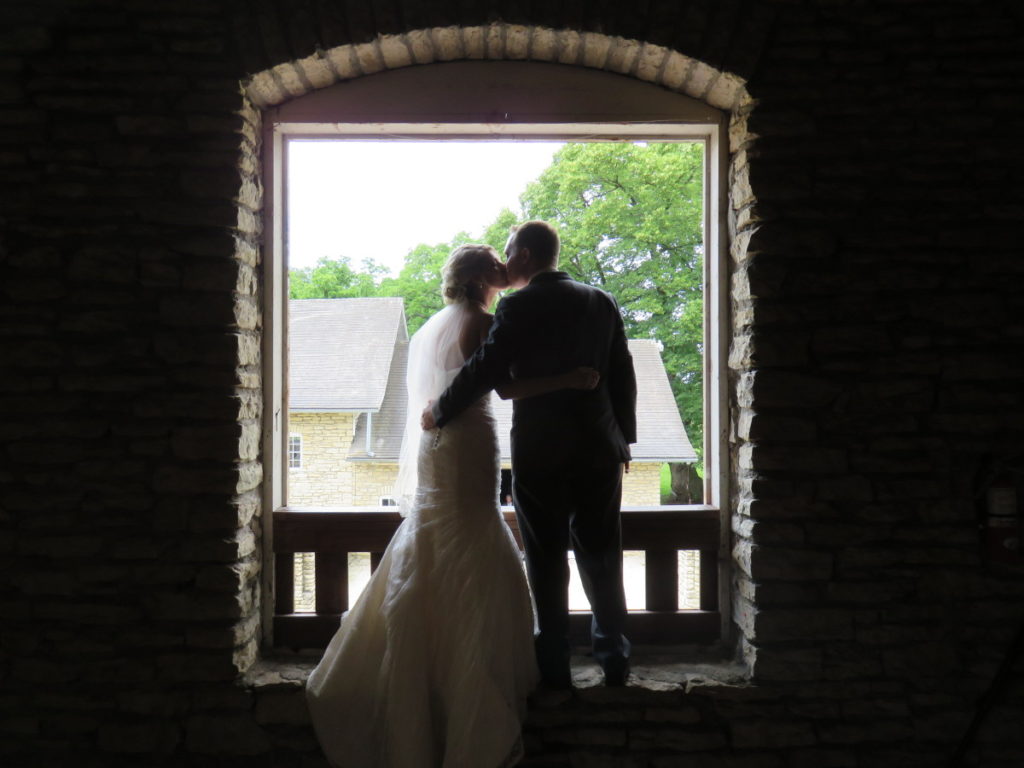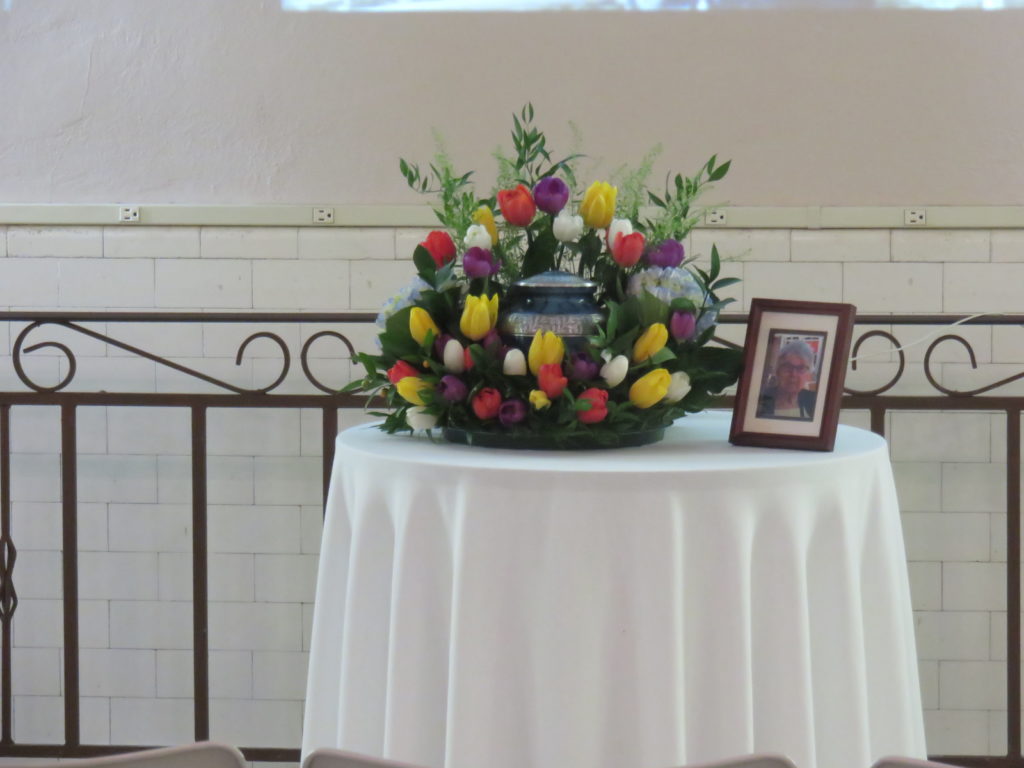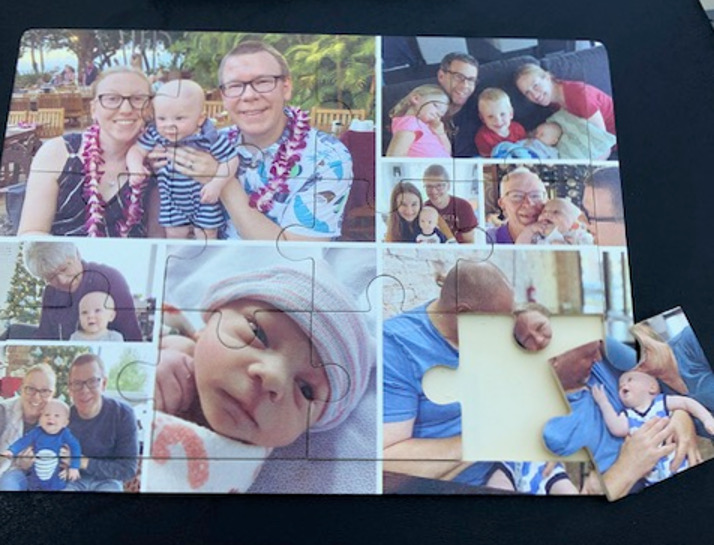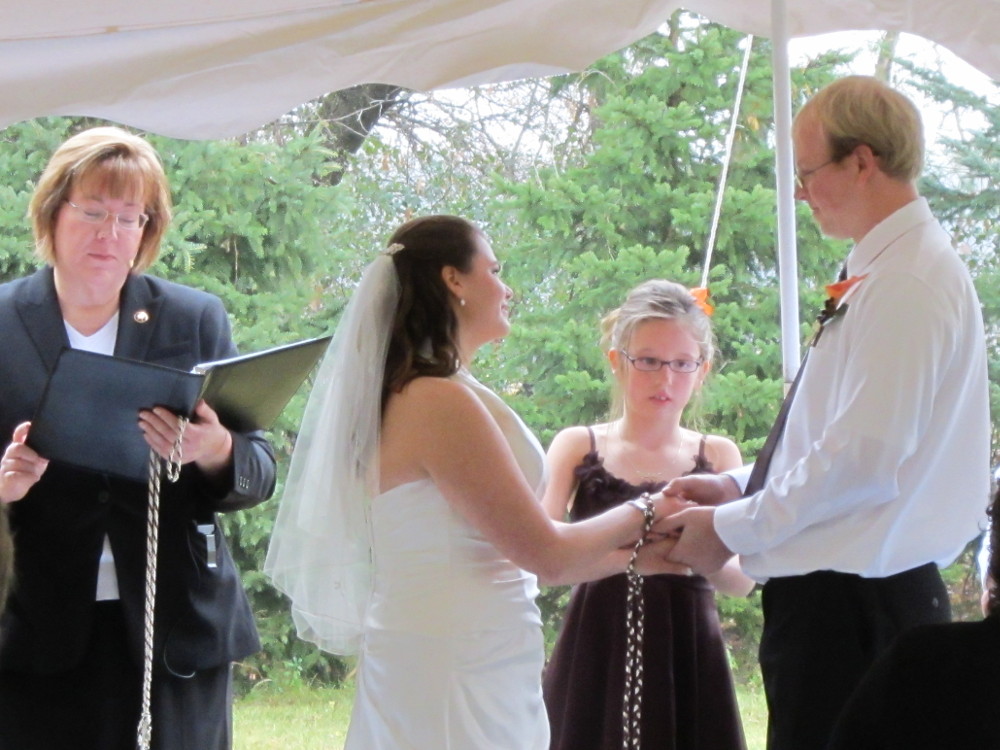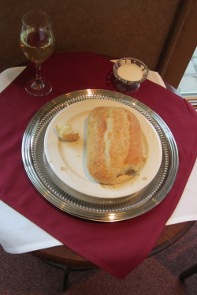Community Celebration of Marriage
The idea of a community celebration of marriage is increasing in popularity for couples that have been married in small, private ceremonies. Covid has forced many couples to opt for a small, legal marriage when larger gatherings were not safe or possible. With restrictions easing, some couples are choosing to celebrate their marriage with family and friends now.
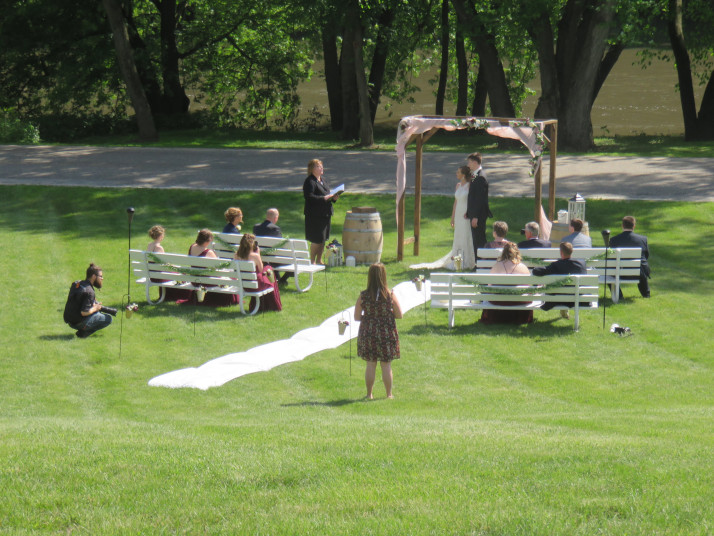
In cases where you’re already legally married, you can, of course, opt to just host a party or reception. Choosing to include a ceremony in the community celebration, however, allows you to voice your promises to one another surrounded by the important people in your lives. Your exchange of vows (and optionally, rings) is the heart of any wedding day. Why not include it in a belated celebration you plan with family and friends?
This kind of ceremony is technically a Vow Renewal ceremony, since you’ve already exchanged some level of vows when you legally wed. But it can look like any other wedding ceremony. You can include a processional, wedding party, reading, love story, exchange of vow and rings, a unity ritual, and any other ceremony elements that are meaningful to you. The only difference will be that your celebrant will not “pronounce” you married. Instead they may say something like, “It is my honor to publicly announce that you are married,” or “It is my honor to present to you as a married couple…”. Working with a celebrant you can make your ceremony as personal and unique or as traditional as you wish.
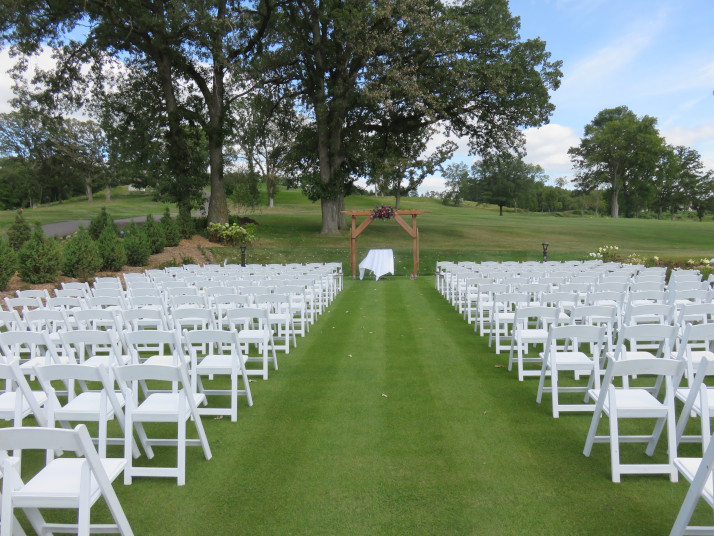
Couples who married during the pandemic do not need to be cheated of the community celebration of marriage. After all, marriage is a social construct and benefits greatly from being recognized and celebrated with your community of family and friends.

